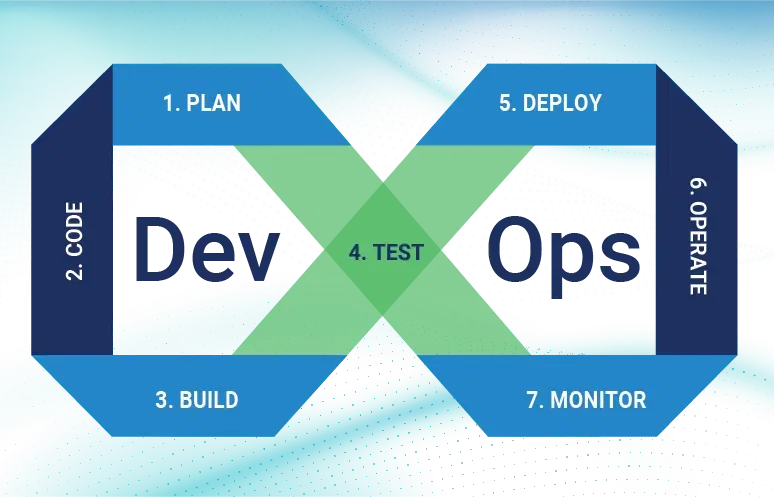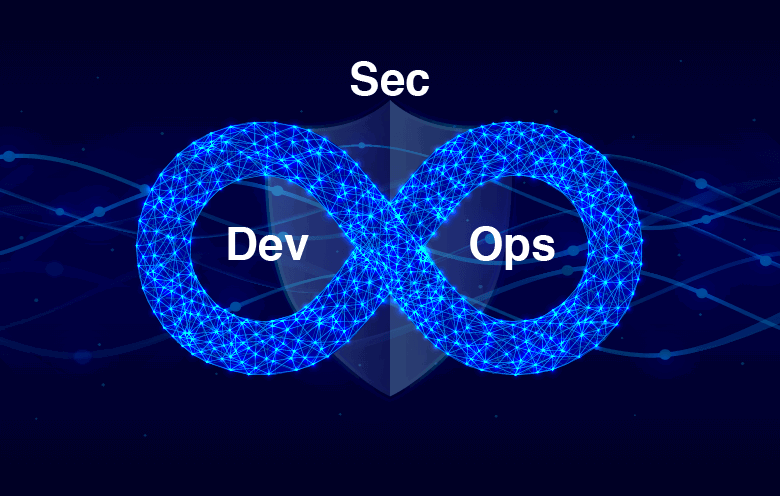As industries are looking for digital transformation, there arises a need to find ways to enhance and accelerate the delivery of new applications, services, and capabilities. Companies across the world are striving to seize the competitive advantages of digital disruption. Businesses are adopting agile and digital transformation strategies that help them to focus firmly on offering services in less time while maintaining high quality.
Continuous integration (CI) and continuous delivery (CD) are the top two methods that companies should adopt to implement a successful digital transformation strategy.
Continuous integration
Continuous integration (CI) is a process to autonomously integrate changes. One of the key benefits of this process is that you detect and locate errors easily and quickly. The changes introduced are usually minor and point towards previous changes that led to a defect. Hence, it becomes easier to detect and rectify those errors.
This automation of the build, deploy, test, and release process reduces the overall cost and allows you to perform these tasks on demand, rather than on planned intervals. Therefore, as a result, the developers, testers, and system admins can collaborate effectively.
CI enables testing automation to see that the application is not broken whenever new changes are implemented. This gives developers leverage to share their code and tests by merging their changes into the shared version of the control repository after completing every task. This ensures that bugs are caught and rectified earlier in the development cycle, which helps companies to save on the cost of fixing them later and also ensures consistency in quality.
Continuous delivery
Continuous delivery (CD) is the practice of streamlining and automating every process that leads to deployment. There are several steps such as validating the quality of the build, which takes significant time and effort if done in traditional ways. However, with cloud technologies in place, these processes can be orchestrated and automated easily.
The CD process is efficiently complete when the teams are ensured that they have a monitoring dashboard for their production environment to eliminate performance bottlenecks and for a quick response time. CD, along with CI, gives companies the ability to develop and deliver high-quality software more efficiently and in less time.
DevOps is the key
DevOps implementation ensures faster time-to-market and delivery times, which in turn improves ROI. Organizations that have implemented DevOps have cross-functional teams that work in collaboration and deliver with maximum speed and functionality. If you are not sure about what DevOps can do for you, or how to implement DevOps in your organization, you can approach companies that provide DevOps consulting services.
The global DevOps market is expected to grow at a CAGR of about 19% until 2020. – Technavio
Benefits of DevOps implementation:
- IT performance improves with DevOps maturity
- The cultural practices of DevOps ensure enhancement of organizational performance
- DevOps ensures faster resolution of problems
- With improved communication and collaboration, features are delivered faster
- Companies observe higher employee engagement
Implementing DevOps improves employee engagement, because it optimizes workflows, which help employees to connect to one another and allow them to collaborate efficiently.
Key essentials of DevOps
Communication
Communication is vital at every stage of development. Continuous integration in DevOps enables different teams to communicate better by allowing them to be on the same page throughout the development lifecycle. Even if any of the team members leave a project or move to a different process, the rest of the team can easily continue without starting over.
Trust
CD allows automation and streamlining of processes such as validating the quality of the build that leads to deployment. This eliminates the element of doubt and ensures the teams trust on process and the product. Moreover, this also assures them of continuous quality improvement.
Top companies using DevOps
Sony Pictures Entertainment
Sony Pictures Entertainment’s Digital Media Group (DGM) was facing a months-long delay between the completion of software development and delivery. Hence, they adopted a continuous delivery model and cut down the delivery time from months to days. This allowed their development team to focus on adding features which resulted in lower costs.
Netflix
There weren’t any commercial tools available to help Netflix’s cloud infrastructure to run smoothly, in the initial days when the company started their streaming services. Hence, they turned to open source solutions. They created the Simian Army with the help of volunteers. It is a suite of automated tools that helps the company to automate tests and allows them to proactively resolve issues before they impact their customers.
Netflix has continued using automation and open source tools since that day. And today, they are able to deploy code thousands of times per day.
Airbnb
Airbnb, like Netflix, is a third platform company as they leverage social, mobile, analytics, and the cloud. Being a third platform company, therefore, requires them to adopt DevOps. This allowed them to release multiple small deployments quickly and efficiently.
Etsy
Etsy struggled with slow deployments as they had a lot of siloes and they lacked collaboration between the teams. Initially, they used to deploy twice a week, but they felt they needed to do it more often and faster. Etsy now carries over 50 deployments per day, thanks to DevOps.
Adopting DevOps culture
DevOps gives companies the ability to deliver applications and services at high velocity. DevOps allows you to make small, incremental changes at multiple levels of the deployment lifecycle without hampering the quality.
To discuss about DevOps in details, you can contact our DevOps CI/CD consultants.




